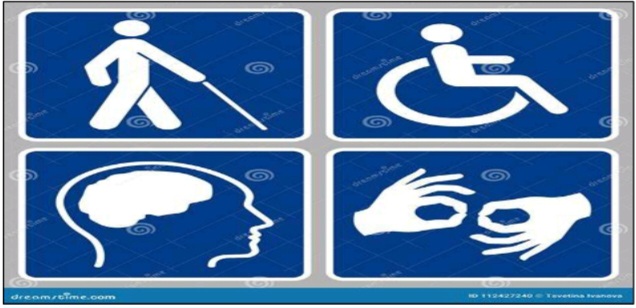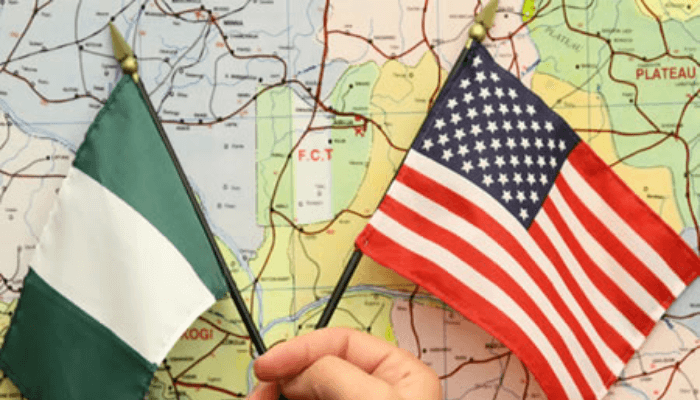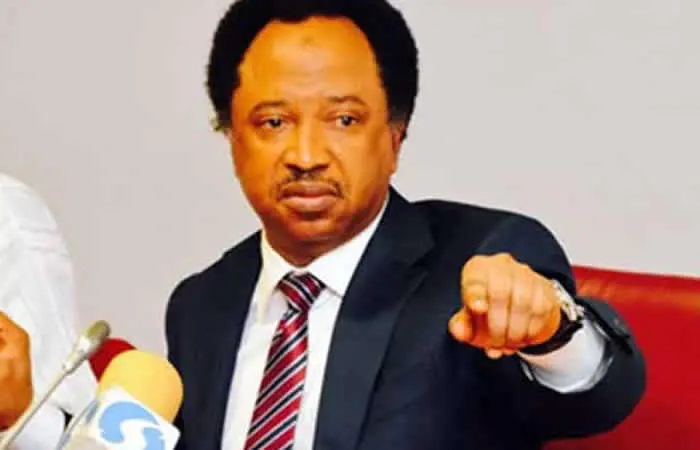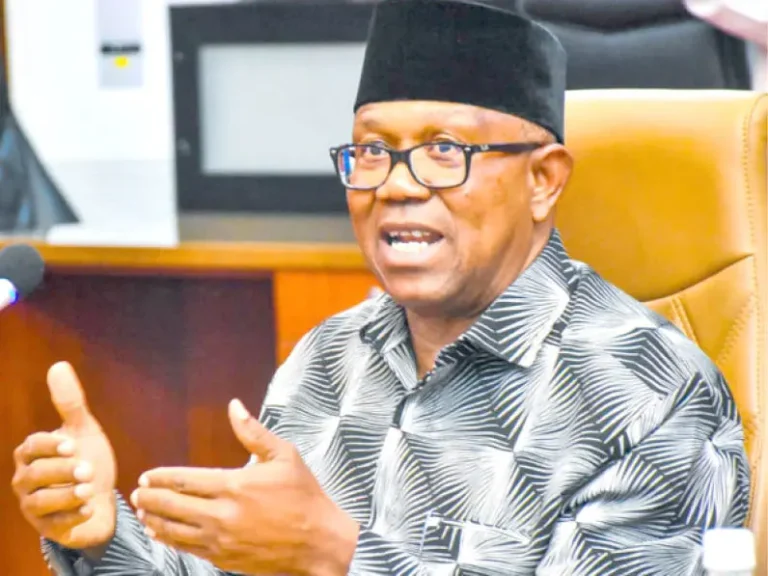
In Delta State and across Nigeria, persons with disabilities (PWDs) continue to face high levels of poverty and exclusion. Many live in rural communities where access to education, employment, healthcare, and social participation is limited. Despite growing awareness of disability rights, the reality for most PWDs is still shaped by marginalization and dependence. Poverty and disability often reinforce each other—when people with disabilities lack access to opportunities, they become trapped in a cycle of need and neglect.
However, one powerful way to break this cycle is by building self-reliance. When persons with disabilities are supported to become self-reliant, they not only escape poverty, but also gain confidence, dignity, and a stronger voice in society.
Self-reliance means being able to provide for oneself, make decisions, and live with independence. For persons with disabilities, this can be a game changer. Through vocational training, access to credit, inclusive education, and entrepreneurial support, they can begin to build their own sources of income. Whether it is farming, tailoring, information technology, or other trades, the key is giving them the tools and support they need to thrive.
When a person with a disability starts earning a living, the impact goes beyond their personal life. They can support their families, contribute to the local economy, and serve as role models to others in their community. This not only reduces poverty but also changes the way society views disability—from weakness to strength, from burden to contributor.
Despite its importance, several barriers continue to stand in the way of self-reliance for persons with disabilities in Delta State:
Limited Access to Education and Skills Training: Many PWDs are denied quality education or vocational training due to inaccessible facilities and lack of inclusive programs.
Lack of Financial Support: Access to loans, grants, or capital is often difficult for PWDs due to discrimination and absence of targeted funding schemes.
Social Stigma and Discrimination: Cultural beliefs and negative attitudes toward disability discourage inclusion and limit opportunities for self-development.
Poor Infrastructure: Inaccessible transportation, buildings, and public services make it harder for PWDs to engage in economic or social activities.
Weak Policy Implementation: Although disability laws exist, implementation remains weak at the local level, limiting the real impact of government efforts.
To build a society where PWDs in Delta State can become self-reliant and escape poverty, the following steps are recommended:
Invest in Inclusive Education and Training: Government and development partners should provide accessible training centers and programs designed with the needs of PWDs in mind.
Strengthen Access to Finance: Banks and microfinance institutions should be encouraged to offer special credit schemes for persons with disabilities, supported by government-backed guarantees.
Raise Community Awareness: Grassroots campaigns should challenge stigma and promote positive stories of self-reliant PWDs to change public perception.
Improve Infrastructure and Accessibility: Build and renovate public facilities, transportation, and markets to be accessible to all, including those with physical and sensory disabilities.
Implement and Monitor Disability Laws: The 2024 Delta State Disability Law must be fully enforced, and monitoring systems should be put in place to track progress.
Building self-reliance among persons with disabilities is not just a social goal; it is a powerful economic and development strategy. In Delta State, as in other parts of Nigeria where economic difficulties remain a challenge for many, empowering PWDs to stand on their own can lead to stronger families, healthier communities, and a more inclusive society. With the right support, persons with disabilities can become leaders, entrepreneurs, and change-makers. The time to invest in their potential is now.




